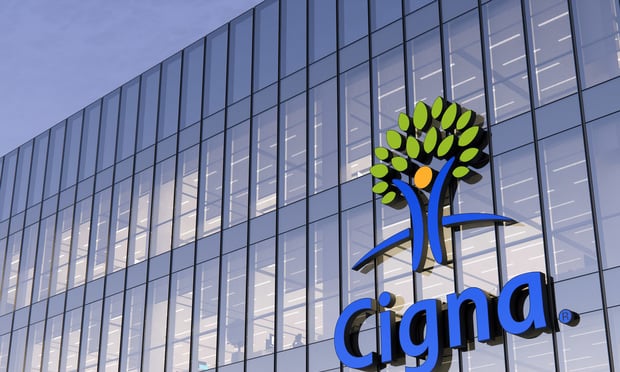News is typically light this time of year.
(Of course, if the stiffs in Washington manage to get together and work out some kind of detour away from the cliff the rest of us are facing, maybe this year will be different.)
In the meantime, as I sit here among a growing pile of pine needles and straggling scraps of wrapping paper, my wandering eyes found an interesting piece on Forbes about consumer-driven health care.
Recommended For You
This is interesting on two counts: One, the mainstream media does a pretty good job of avoiding consumer-driven health care. (Maybe they don't understand it?) And, two, it actually paints a rather surprisingly optimistic view of what our health care future could look like.
They story—which can be found in its entirety here—details the results of a book published way back in 2007 that takes a look at Switzerland's experiment with consumer-driven care: "Who Killed Health Care? America's $2 Trillion Medical Problem—And The Consumer-Driven Cure," by Regina Herzlinger.
Yeah, I know what you're thinking: What can those socialist Europeans teach us about market-driven health care? But, believe it or not, their health care model is much more free market than our own. In fact, the government pays for only about a quarter of its residents health care costs, according to the book's Harvard business school author. Compare that to 45 percent here in the States. So, yeah, it's kind of hard to let the market dictate health care costs when the feds pick up nearly half the tab. No wonder costs are out of control.
Sure, they have a mandate—that ugly conceit we freedom-loving Americans can't seem to get our collective heads around—but more than 68 percent of the Swiss pay for their own health care, while less than a quarter of us do.
We write a lot about consumer-driven care here, and I've admittedly had my doubts about it over the years, especially when it comes to preserving the role of the broker. But few would dispute that our current model is simply unsustainable. Removing consumers from the economic transaction only insulates them. Like a teenager with his dad's credit card, we reap all the benefits but pay few, if any, of the actual costs. It's no wonder we don't act more responsibly.
A more consumer-driven health care model addresses that problem head on, and I can't help but think it's the only thing left that will rein in spending, and consequently, costs.
There are a variety of other "catches" to this apparently utopian system, such as heavy regulation and that pesky mandate, but they mange to let demand dictate prices rather than an overabundance of supply.
What's more American than that?
© 2025 ALM Global, LLC, All Rights Reserved. Request academic re-use from www.copyright.com. All other uses, submit a request to [email protected]. For more information visit Asset & Logo Licensing.







